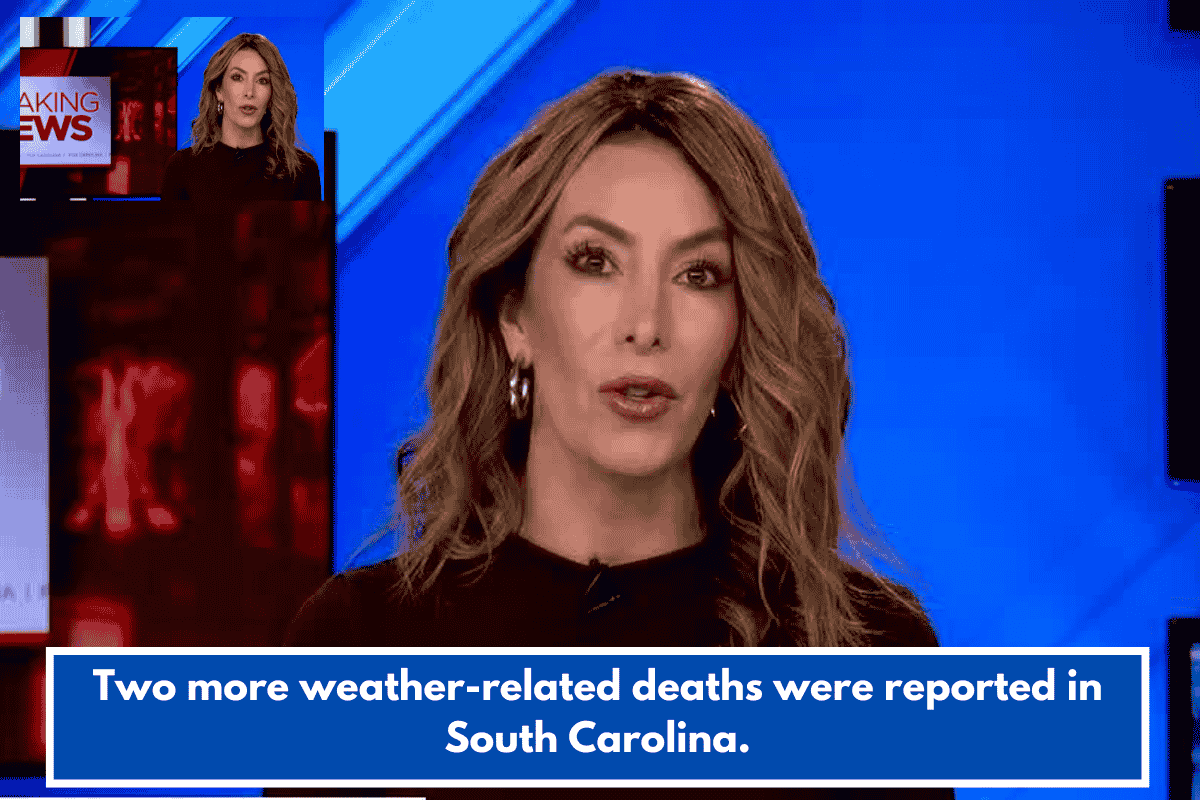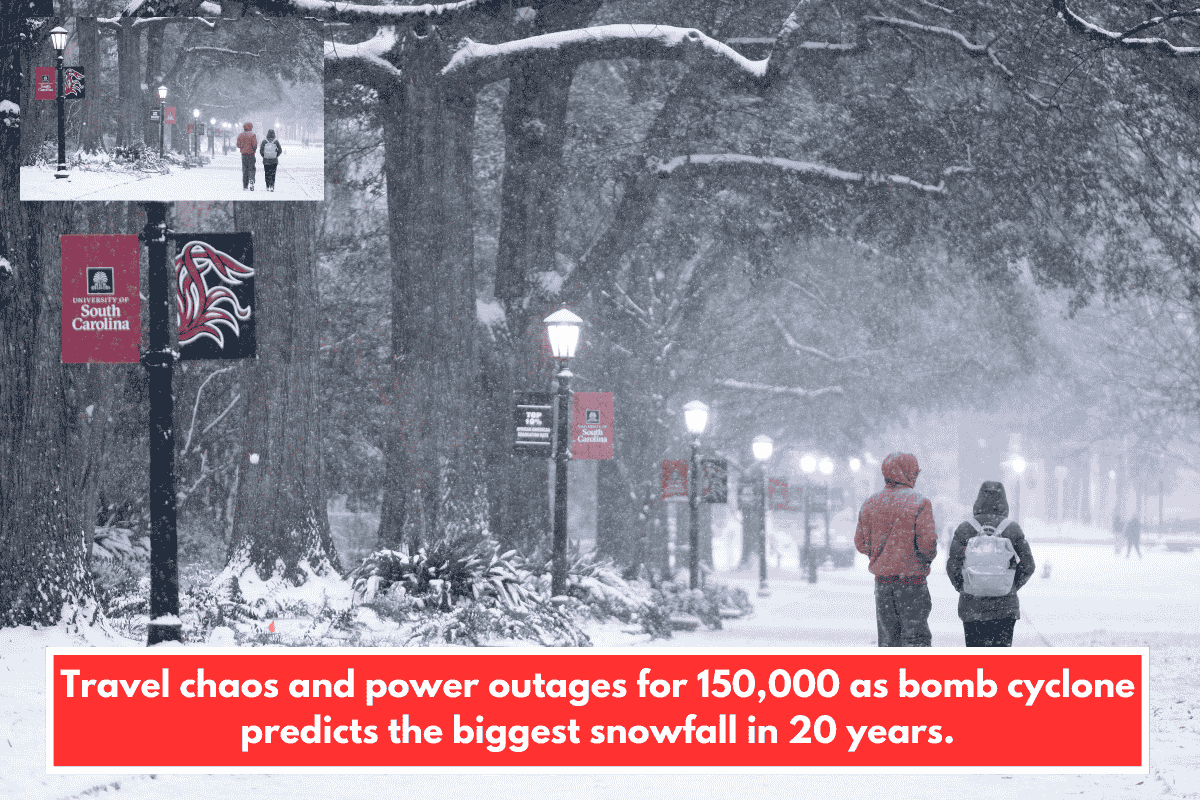Washington, D.C. – Former President Donald Trump and Treasury Secretary Scott Bessent are calling on the U.S. Supreme Court to urgently rule that Trump’s emergency trade tariffs—imposed under the International Emergency Economic Powers Act (IEEPA)—are lawful. If not, they warn, the country could be thrown back into the kind of economic chaos last seen in 2008 or even 1929.
Background: Tariffs and Court Challenge
The push follows a 7–4 ruling by the U.S. Court of Appeals for the Federal Circuit in August, which declared that the Trump-imposed tariffs, under the guise of an economic national emergency, were unconstitutional—though the court declined to immediately lift them. The tariffs were implemented unilaterally during Trump’s presidency under IEEPA, which grants the president broad powers during national emergencies—but, critics argue, not the authority to impose tariffs.
The case was sparked by a lawsuit from V.O.S. Selections, a wine and spirits importer, and several other businesses, who claim the tariffs wreaked havoc on their operations—raising prices, disrupting inventory, and cutting into cash flow. Their legal challenge was later joined by 12 Democratic-led states, and the cases were consolidated in federal court.
Supreme Court Petition: Emergency and Expedited Review
Now, Trump’s Solicitor General D. John Sauer, a personal attorney turned federal legal advocate, is requesting that SCOTUS fast-track the case, with a certiorari decision by Sept. 10, oral arguments in early November, and a ruling shortly after. Notably, the plaintiffs do not oppose the expedited schedule.
In the filing, the Trump team insists the appellate ruling has already caused “enormous” economic and diplomatic disruption, and that the Supreme Court’s intervention is essential to avoid a looming catastrophe.
“This erroneous decision has disrupted highly impactful, sensitive, ongoing diplomatic trade negotiations, and cast a pall of legal uncertainty over the President’s efforts to protect our country,” Sauer wrote in the motion for expedited consideration.
Treasury Secretary Bessent’s Dire Warning
Treasury Secretary Scott Bessent echoed this urgency in a sworn declaration, warning that if the ruling stands, it could derail key international agreements, stall ongoing negotiations, and open the door to a “catastrophic” economic collapse.
Bessent drew comparisons to past crises, stating that the U.S. is at a “tipping point” reminiscent of 2007, just before the 2008 financial meltdown.
“In 2025, President Trump and his senior economic advisors concluded that the decades of cumulative, uncorrected trade imbalances had brought the United States to a tipping point—i.e., the brink of a major economic and national-security catastrophe,” Bessent declared under oath.
He further emphasized the idea that foreign nations have long imposed higher tariffs on the U.S., creating an asymmetrical trade relationship that these executive actions sought to rebalance.
Legal Arguments Before the Court
The key legal questions the Trump administration is asking the Supreme Court to resolve are:
- Whether the IEEPA authorizes the president to impose tariffs in response to a declared national economic emergency.
- Whether the IEEPA represents an unconstitutional delegation of legislative authority to the executive branch.
During previous appellate arguments, judges noted that IEEPA does not explicitly mention “tariffs” or “duties”, casting doubt on whether it provides any legal basis for such measures.
Still, the administration argues that executive flexibility during emergencies is vital to protecting national interests, especially in volatile global trade conditions.
What’s Next?
The Supreme Court has not yet granted certiorari, but if it does so by September 10, the case will be fast-tracked with full merits briefs due in the following weeks and oral arguments anticipated in early November.
The outcome of the case could have wide-ranging implications—not only for Trump’s trade policies but for executive power, international commerce, and Congress’s authority over tariffs and economic regulation.














